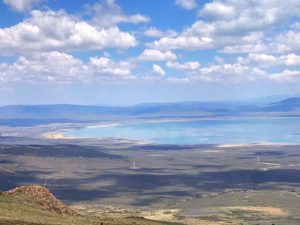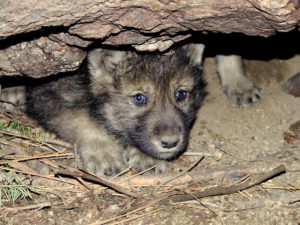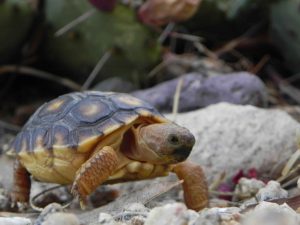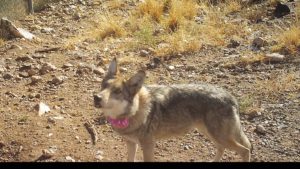November 10, 2016
Online Messenger #341
Dear Friends,
Tuesday’s election results were incredibly disheartening for all of us at Western Watersheds Project. These are dark days for public lands and environmental conservation, with Donald Trump set to assume the presidency of the United States.
President-elect Trump will have the power to assign political appointees to oversee all of the of the federal agencies who manage western public lands on behalf of all Americans, oversee the recovery of rare and imperiled wildlife and plants, as well as agencies established to prevent pollution and environmental destruction of clean air and clean water. We call upon President-elect Trump to eschew the impulse to appoint anti-environmental politicians or corporate shills to top posts in his administration.
The fact that Mr. Trump has advanced Republican Representative Cynthia Lummis (R-WY) to his short list of candidates for Secretary of Interior indicates a hostile stance toward public lands and responsible land stewardship. Rep. Lummis has been an entrenched opponent of conservation throughout her tenure in the House, even voting against the Wyoming Range Legacy Act, a bill supported by both Republican Senators from Wyoming as the dying wish of Senator Craig Thomas (R-WY). Rep. Lummis’ anti-environmental voting record has been both consistent and extreme throughout her tenure in the House of Representatives.
There are rough times ahead for western public lands, and we will all need to pull together to defend the sacred beauty of our western public lands, and continue to press forward for better environmental stewardship. We’ve been here before: Western Watersheds Project charged ahead through eight long years of the Bush administration, and achieved some amazing victories, like blocking the proposed Bush grazing regulations and overturning the efforts of political hacks to find the sage grouse “not warranted” for Endangered Species Act protections, victories that helped prevent the wholesale destruction of western public lands.
Western public lands belong to all Americans, and are treasured for their beauty, wildness, and diversity. We are concerned that assaults against our bedrock environmental safeguards will amplify during the coming four years, and it will be more important than ever to have vigilant environmental watchdogs like Western Watersheds Project, willing to take strong stands against unlawful abuses of our public lands, waters, and wildlife.
Conservation should not be a partisan issue. The cost of reversing progress on curbing carbon emissions and addressing climate change would be catastrophic – in dollars, lives, property, and irreversible ecological damage. All Americans have an ownership stake in our millions of acres of public lands. Private uses of public lands must only occur where they are sustainable, fostering the health of the land and supporting thriving populations of native wildlife, which also belong to the public and are managed in trust for the public good. America’s legacy and inheritance of public lands, waters, and wildlife must be carefully managed for the long-term health of the land and its wildlife, not sacrificed for the short-term corporate profits of an elite few. The mantle of responsibility for environmental stewardship that now passes to President-elect Trump must not be taken lightly.
During the years to come, environmental watchdogs must stand ready to defend our western public lands and the wildlife that live there from the depredations of corporate raiders and anti-environmental politicians. Western Watersheds is not afraid to enforce our federal environmental laws through litigation, and we are gearing up to stand strong.







